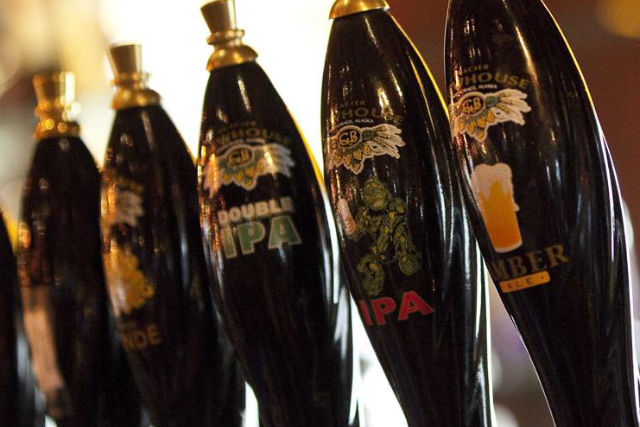
Music in your taproom costs money. That’s not always known at the start and can be costly if caught not following the law.
Midnight Sun did not even have background music in the tasting room until about six years ago.
“At that time I was running the tasting room and knew if we did incorporate music we would have to pay the ASCAP/BMI fees as they saw fit,” explained Darcy Kniefel. “Rather than paying every fee under the sun, I found a music service designed for public areas that included all fees in it.
“It was about the same price as any standard music service, so we opted for that one. We get great music, loads of stations to choose from and we don’t have to worry about what songs get played.”
So the Alaska brewery has background music, but by law, they are not allowed live music at the facility.
“It has been a tough couple years as a group of lawmakers, brewery, distillery, bar, restaurant and club owners have paired up with liquor board, MADD representatives and politicians to completely rewrite our liquor laws to work on everything from A-Z,” Kniefel said. “The bill went through Senate, but did not make it any further, so as of now we wait.
“We look forward to the laws changing so that we can get a separate license, hopefully allowing a live band from time to time.”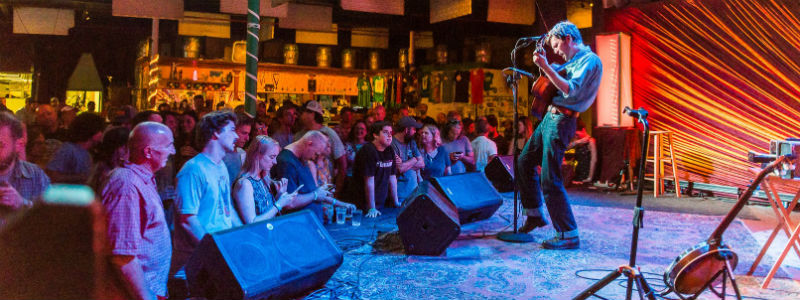
Midnight Sun wouldn’t expect live music to become a regular thing by any means, which is probably common with most small breweries.
Size being the first issue.
“We have a small tasting room and we appreciate the atmosphere we have with great locals, good conversation and plenty of beer,” she said. “But it would be great to be able to throw our own 25th Anniversary party.”
The brewery did receive an opportunity to work with a local venue that wanted to focus on Midnight Sun’s beer and food, which gives them the opportunity to work with the venue when the brewery does want to bring in a live band.
“Most recently, one of our brewer’s is married to the lead singer for a band so we brewed up something smooth and easy drinking with them to share at their concerts throughout the summer,” Kniefel said. “This year for the first time, we got to host the band at our partner location and really make it our party.”
Pisgah Brewing plays music 24/7 in their brewery and taproom.
“We have music playing at all times. Sometimes Spotify, sometimes live recordings,” explained Event Manager Benton Wharton. “We host live music four to five days a week throughout the year, and music is overall a large part of the Pisgah Brewing brand.”
Wharton said there are base quarterly/annual costs to playing live music based on artistic rights that are protected through registered copyright companies such as BMI, ASCAP or SESAC.
“This can range from $700 annually to quarterly reports of income based on live music (i.e. ticket sales),” he pointed out. “If you go to the extent of turning in set lists of the live bands that perform, those are defined references to what you would be paying these costs towards. Otherwise, you are susceptible to random algorithms which benefit popular music at any given point in history.”



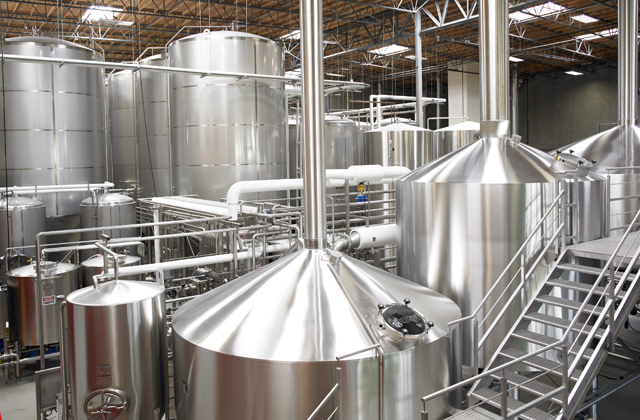
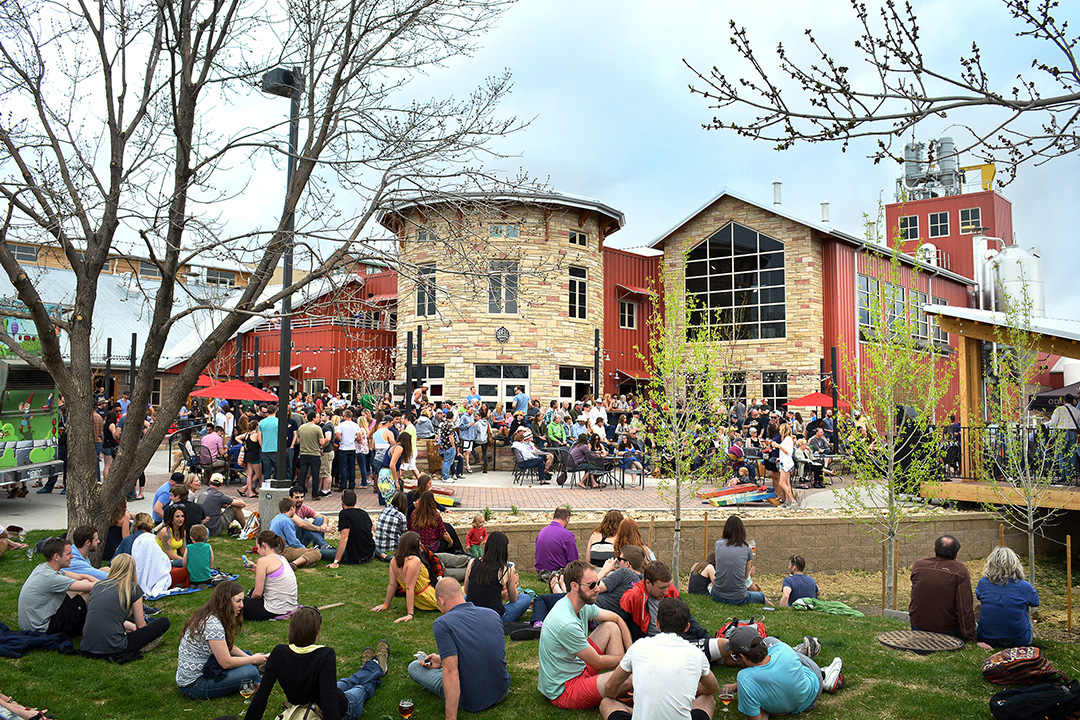
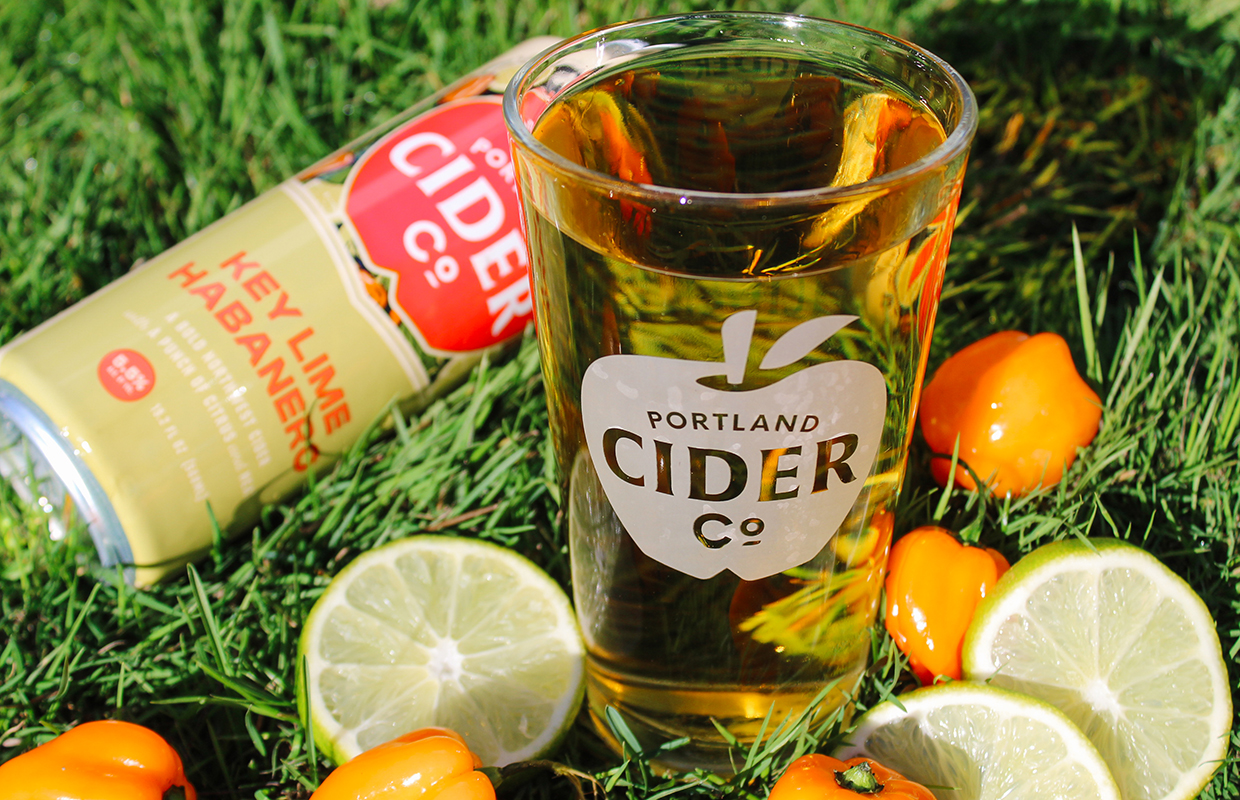
Be the first to comment